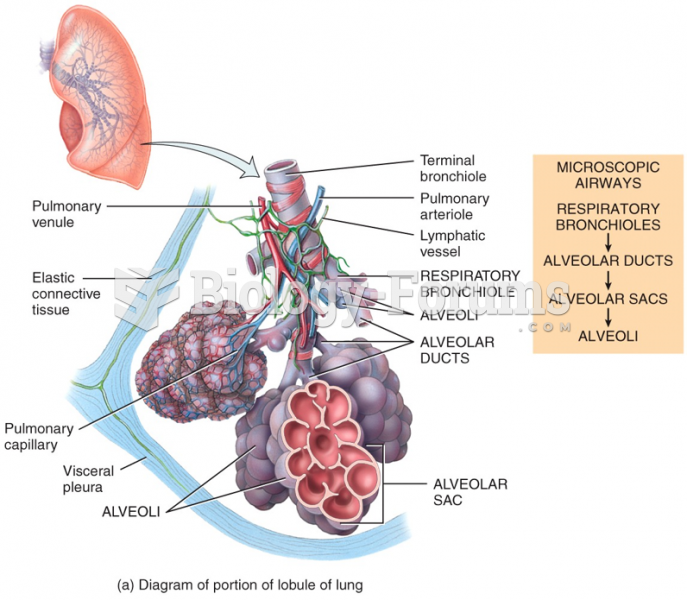|
|
|
Though the United States has largely rejected the metric system, it is used for currency, as in 100 pennies = 1 dollar. Previously, the British currency system was used, with measurements such as 12 pence to the shilling, and 20 shillings to the pound.
Methicillin-resistant Staphylococcus aureus or MRSA was discovered in 1961 in the United Kingdom. It if often referred to as a superbug. MRSA infections cause more deaths in the United States every year than AIDS.
As of mid-2016, 18.2 million people were receiving advanced retroviral therapy (ART) worldwide. This represents between 43–50% of the 34–39.8 million people living with HIV.
HIV testing reach is still limited. An estimated 40% of people with HIV (more than 14 million) remain undiagnosed and do not know their infection status.
Excessive alcohol use costs the country approximately $235 billion every year.
 Comparison of the chemical structures of psilocybin and LSD. Psilocybin (left) is derived from a mus
Comparison of the chemical structures of psilocybin and LSD. Psilocybin (left) is derived from a mus
 Psychoactive substances: (left) Psilocybin is obtained from a species of mushroom; (right) LSD is ...
Psychoactive substances: (left) Psilocybin is obtained from a species of mushroom; (right) LSD is ...






